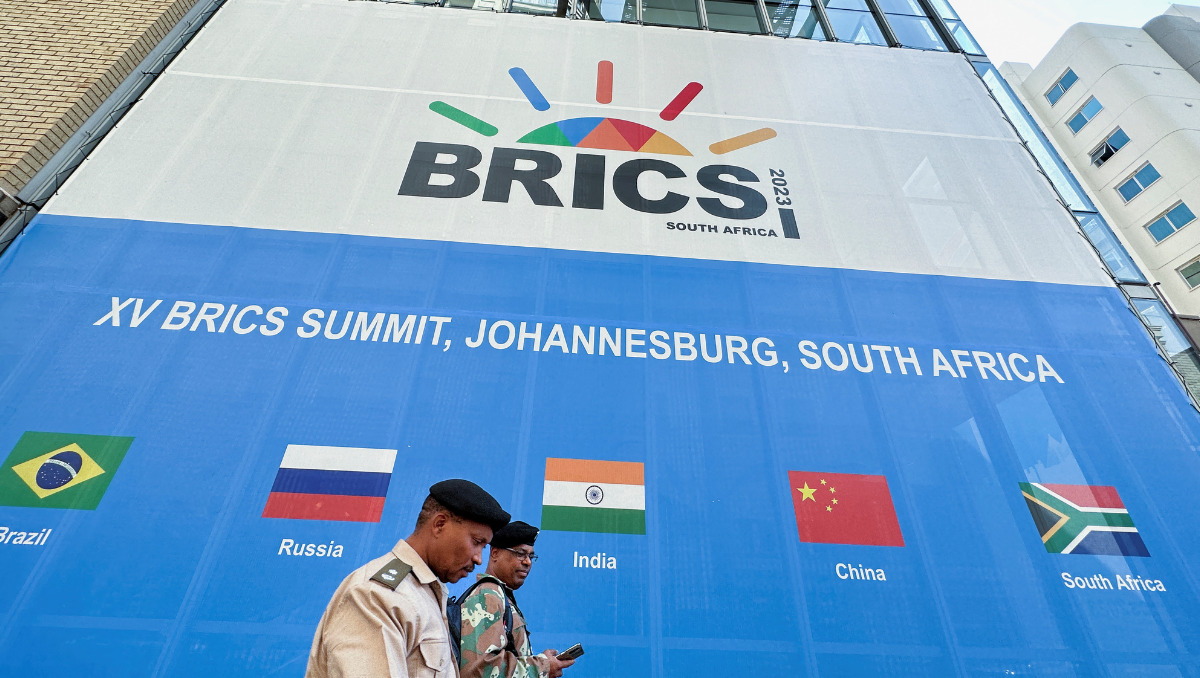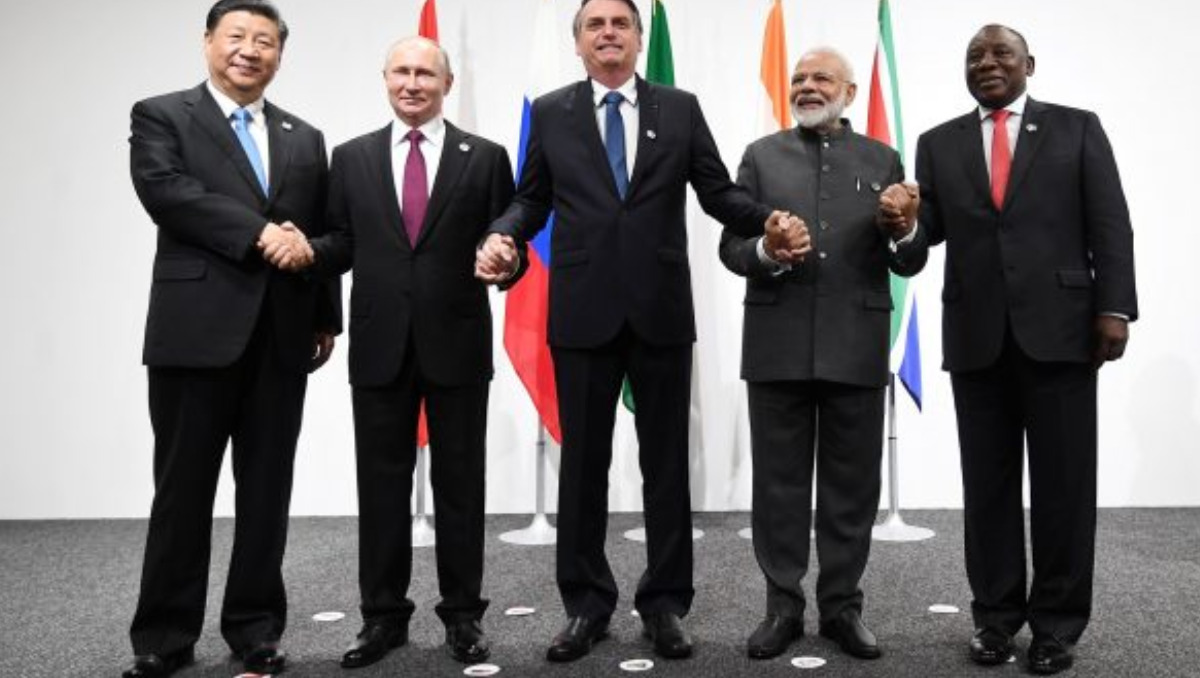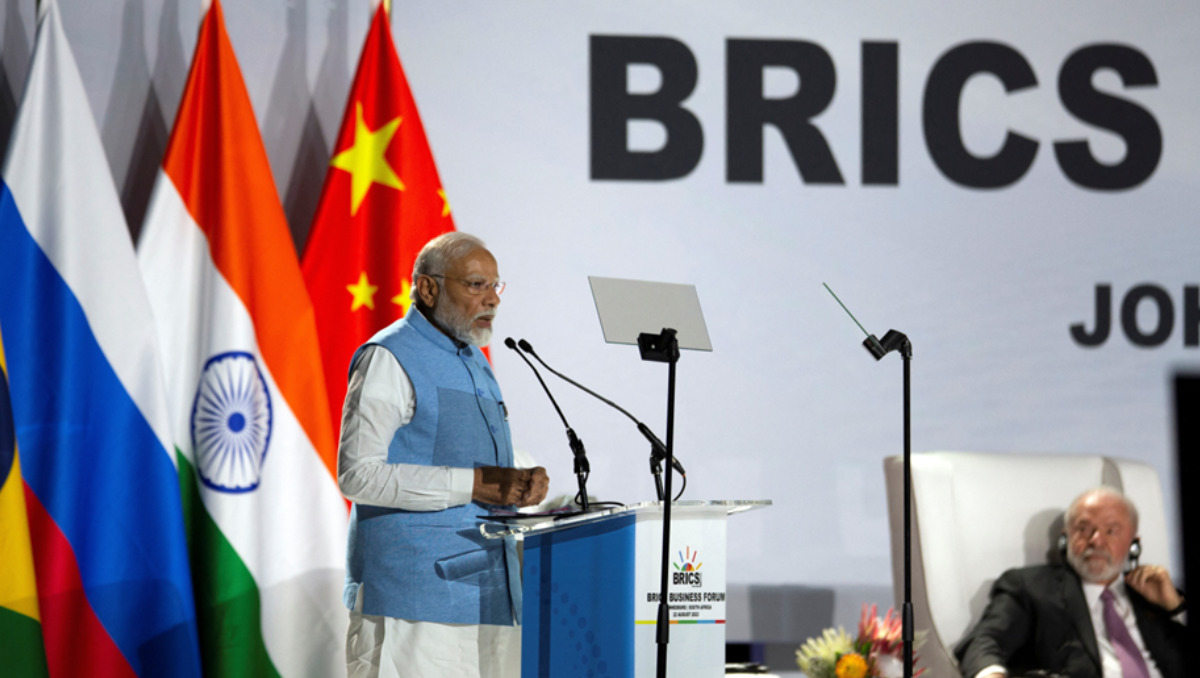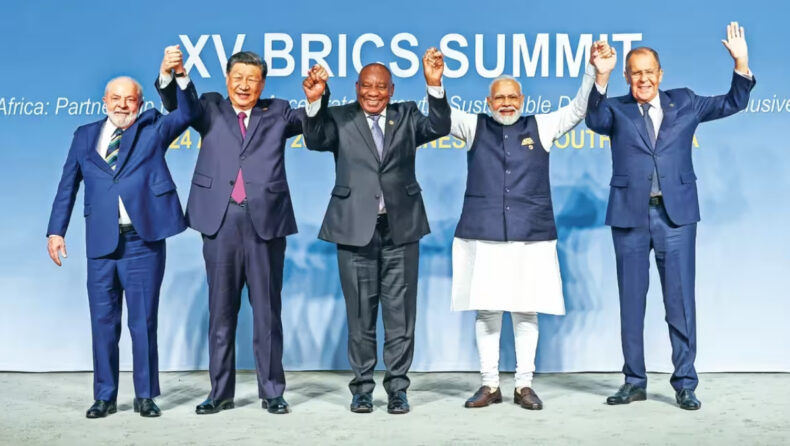The BRICS (Brazil, Russia, India, China, and South Africa) group of nations is set to embark on a significant expansion, inviting six new countries to join its ranks. This move, discussed extensively during a three-day summit in Johannesburg, aims to enhance the bloc’s influence and dynamism on the global stage. The expansion process, which has been a topic of debate and consideration for a while, has now reached a consensus, with South Africa’s President Cyril Ramaphosa announcing the inclusion of Argentina, Egypt, Ethiopia, Iran, Saudi Arabia, and the United Arab Emirates (UAE) as new members.
Table of Contents

Unity Amidst a Changing Global Landscape
China, a driving force behind this expansion, envisions the transformed BRICS as a counterbalance to Western dominance. President Xi Jinping emphasized the importance of unity among the member countries in facing the challenges of a rapidly transforming world. “The world… has entered a new period of turbulence and transformation,” said President Xi, calling on BRICS nations to uphold their founding purpose of collective strength through unity.
India’s Apprehensions and Brazil’s Concerns
While the expansion proposal received strong backing from China, Russia, and South Africa, not all BRICS members were equally enthusiastic. India’s Prime Minister Narendra Modi expressed reservations about the expansion, voicing concerns that a larger BRICS might end up being dominated by China’s influence, potentially transforming the bloc into a mouthpiece for Chinese interests. On the other hand, Brazil was apprehensive about alienating Western allies by endorsing a more assertive BRICS.

BRICS: A Platform for Global Economic Power
With more than 40 countries expressing interest in joining BRICS and 22 formally requesting admission, the expansion could pave the way for a significant shift in global dynamics. An expanded BRICS, now welcoming countries from the Middle East, Africa, and beyond, could account for a staggering 44% of the global economy by 2040. This projection, which surpasses the forecasted 21% share of the Group of Seven (G7), underscores the bloc’s potential to become a major force in shaping the global economic landscape.
Inclusive Approach and Geopolitical Implications
The inclusion of these six new members, all of whom have signed agreements to participate in China’s Belt and Road Initiative (BRI), indicates a concerted effort to foster greater connectivity and cooperation across regions. This move can have profound geopolitical implications, potentially altering the balance of power in international relations. Notably, Iran’s inclusion amid its ongoing diplomatic challenges adds an intriguing dimension to the expansion.

Prime Minister Modi’s Vision for a Reshaped Global Order
Prime Minister Modi, despite his reservations, extended a warm welcome to the new entrants and reiterated India’s commitment to cooperating within the expanded BRICS framework. He emphasized that the addition of new members would rejuvenate the organization’s efforts and align with the concept of a multipolar world order. Additionally, Modi’s call for reforms within global institutions echoes the sentiment that the evolving BRICS can set an example for other international bodies to adapt to changing times.
BRICS Expansion: A New Era of Cooperation and Abundance
The expansion of BRICS heralds a new era in international cooperation. The addition of Argentina, Egypt, Ethiopia, Iran, Saudi Arabia, and the UAE expands the bloc’s reach and potential impact on a global scale. The transformation of BRICS from a five-member group to an inclusive coalition signifies a shift in the traditional centers of power and influence. As the global landscape continues to evolve, the expansion of BRICS invites us to envision a multipolar world order characterized by collaboration, diversity and shared prosperity.
Read More: Recognising Labour: Significance of Rajasthan’s Gig Workers Legislation













